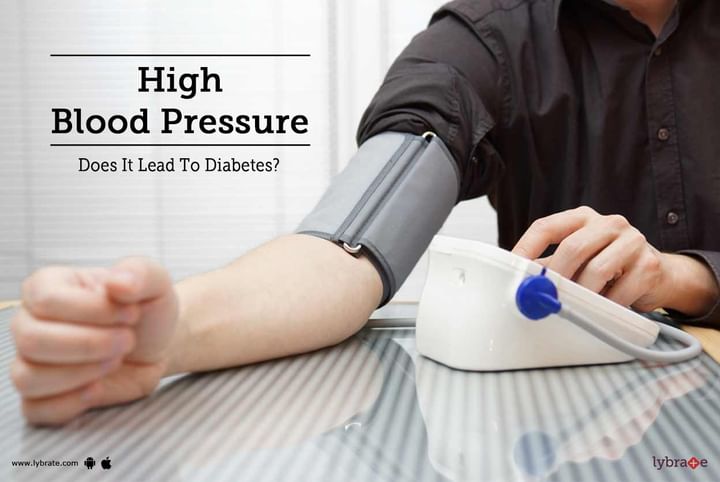High Blood Pressure: Does It Lead To Diabetes?
What is High Blood Pressure?
High blood pressure or hypertension is a condition caused when the force of the blood against the arterial walls exceeds drastically than what it normally is. A blood pressure reading exceeding 140/90 over a prolonged period of time is considered to be ‘high blood pressure’ or diagnosed as ‘hypertension’.
What is Diabetes?
Diabetes is characterized by extremely high levels of blood glucose (blood sugar) in the body, either due to the insufficient secretion of insulin by the pancreas or reduced sensitivity of the body to insulin. This makes your body unable to break down the sugars. At first glance, these two conditions seem completely unrelated, but, according to certain studies, the two conditions do have similar outcomes and could be inter-dependent.
The Connect-
According to the American Diabetes Association, the combination of hypertension and type 2 diabetes is particularly lethal and can significantly raise a person's risk of having a heart attack or stroke. Having type 2 diabetes and high blood pressure also increases your chances of developing other diabetes-related diseases, such as kidney disease, and retinopathy (eye blood vessels), which may cause blindness. There is substantial overlap between diabetes and hypertension, reflecting substantial overlap in their etiology and disease mechanisms. Genetic structure, Obesity, inflammation, oxidative stress, and insulin resistance are thought to be the common pathways. A prospective cohort study in the United States reported that type 2 diabetes mellitus was almost 2.5 times as likely to develop in subjects with hypertension as in subjects with normal blood pressure.
In the Hong Kong Cardiovascular Risk Factor Prevalence Study, only 42% of people with diabetes had normal blood pressure and only 56% of people with hypertension had normal glucose tolerance. There are many minor lifestyle changes that can lower your blood pressure and blood sugar. A brisk walk for 30 to 40 minutes every day, or any aerobic activity can make your heart healthier. In addition to lowering blood pressure and blood sugar, physical activity can strengthen the heart muscle and may reduce arterial stiffness. You may need minor modifications in your diet like, cutting out sugar salt, high-fat meats etc. You can take several servings of vegetables, low-fat dairy products, leans meats and fish or meat substitutes, fruits, whole (not processed) foods, whole-grain pastas, breads, and brown rice etc. While some people can improve their type 2 diabetes and hypertension with lifestyle changes, most require medication.
Depending on their overall health, some people may need more than one medication to reduce their risk. Consult your doctor to choose best possible medicines for your diabetes and / or blood pressure control. If you wish to discuss about any specific problem, you can consult a doctor.



+1.svg)
